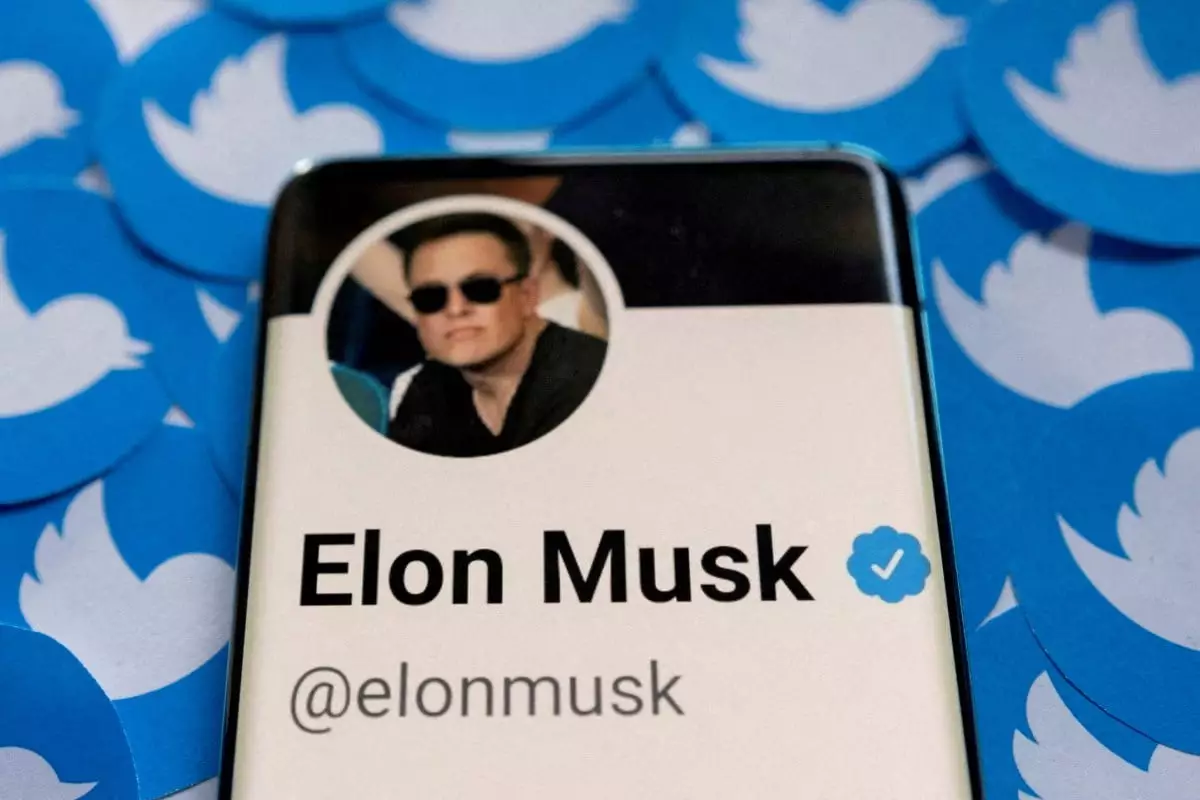Elon Musk’s lawsuit against the Center for Countering Digital Hate (CCDH) was recently thrown out by a U.S. judge, who concluded that Musk’s primary motivation for the lawsuit was to silence criticism and protect X’s image rather than address any legitimate concerns. The judge highlighted that Musk’s concern seemed to be more focused on CCDH’s speech rather than its data collection methods, indicating a lack of genuine interest in resolving any issues that may have been brought up.
Despite portraying himself as a champion of free speech, Elon Musk’s actions seem to suggest otherwise. The judge’s decision to dismiss his lawsuit raises questions about Musk’s commitment to open dialogue and accountability. Musk’s acquisition of Twitter and subsequent handling of misinformation and harmful content have come under scrutiny, painting a picture of a leader who may not prioritize the well-being of users and the platform’s integrity.
Elon Musk and his companies have been embroiled in various legal battles, including disputes with former employees and vendors. The lawsuits filed against Tesla alleging worker harassment further tarnish Musk’s image as a forward-thinking and ethical business leader. The dismissal of Musk’s lawsuit against CCDH adds to the list of legal setbacks that he and his companies have faced in recent times.
Musk accused the Center for Countering Digital Hate of breaching a user contract by creating misleading reports that portrayed X as a platform for hate speech and misinformation. While Musk’s concerns about false allegations are understandable, the judge’s ruling suggests that Musk’s approach to addressing these concerns may have been misguided. The failure of Musk’s lawsuit highlights the importance of engaging in constructive dialogue and transparency rather than resorting to legal actions.
Elon Musk’s own controversial statements, such as his endorsement of an antisemitic post on X, further complicate the narrative surrounding his lawsuit against CCDH. Musk’s efforts to backtrack on his statements and portray himself in a more favorable light may not be sufficient to overshadow the negative impact of his words and actions. The lack of consistency in Musk’s public image raises questions about his credibility and sincerity in addressing sensitive issues.
The dismissal of Elon Musk’s lawsuit against the Center for Countering Digital Hate serves as a valuable lesson in the importance of transparency, accountability, and constructive engagement. Musk’s failed attempt to silence critics through legal means underscores the need for leaders to address concerns openly and proactively. Moving forward, Musk and other business leaders can benefit from adopting a more collaborative and dialogue-oriented approach to addressing criticism and controversy.


Leave a Reply